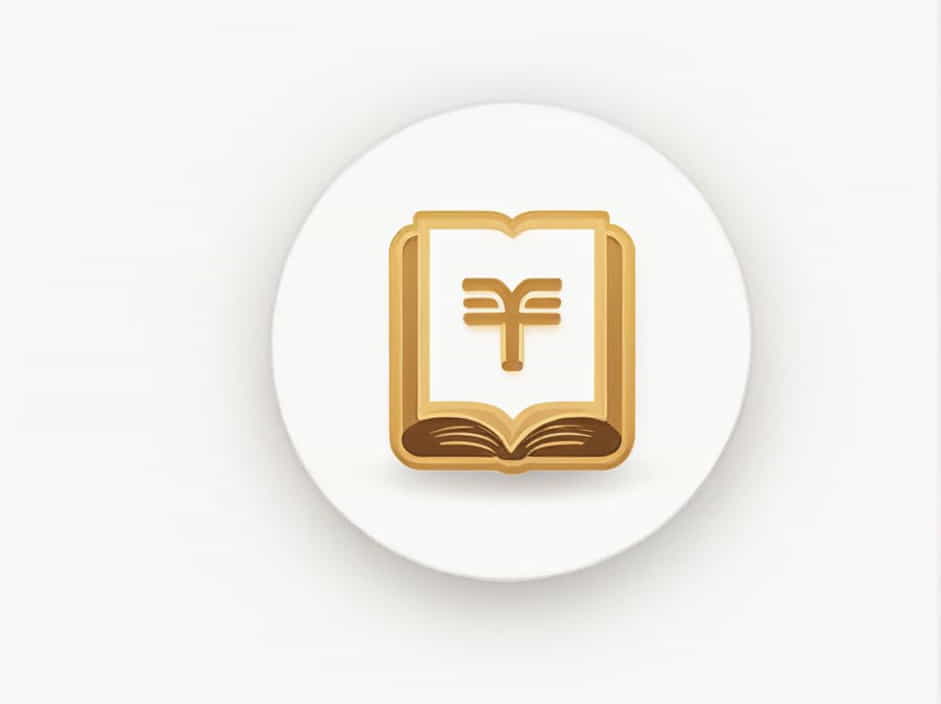The Book of Obadiah is one of the shortest books in the Old Testament, consisting of only 21 verses. Despite its brevity, it carries a powerful message of judgment and restoration. The book focuses on the downfall of Edom and the future hope of Israel.
But who wrote the Book of Obadiah? What do we know about the author and the historical context? This topic explores the authorship of Obadiah, the message it conveys, and its significance in biblical history.
1. Who Was Obadiah?
A. Obadiah: The Prophet
The Book of Obadiah begins with the phrase:
“The vision of Obadiah. This is what the Sovereign LORD says about Edom” (Obadiah 1:1).
This introduction indicates that Obadiah is the author of the book. However, unlike major prophets such as Isaiah, Jeremiah, or Ezekiel, very little is known about Obadiah’s personal life. The Bible does not provide details about:
- His lineage
- His place of birth
- His background
B. The Name “Obadiah” and Its Meaning
The name Obadiah means “Servant of Yahweh” or “Worshiper of God” in Hebrew. This name was quite common in ancient Israel, and multiple individuals in the Old Testament share this name. However, there is no evidence linking the Obadiah who wrote this book with any other person named Obadiah in the Bible.
2. The Historical Context of Obadiah
A. The Judgment Against Edom
The primary theme of the Book of Obadiah is God’s judgment against Edom. Edom was a nation descended from Esau, the brother of Jacob (Israel). Throughout biblical history, Edom had a tense and often hostile relationship with Israel.
The prophecy in Obadiah focuses on Edom’s cruelty toward the Israelites, particularly during times of invasion and destruction. The Edomites:
- Did not help Israel in times of need
- Rejoiced when Jerusalem was attacked
- Took advantage of Israel’s suffering
Because of these actions, God declared judgment on Edom, stating that it would face total destruction.
B. When Was Obadiah Written?
Scholars debate the exact date of the book. There are two main views:
- During the Early 9th Century BC (850 BC – 840 BC)
- Some scholars believe Obadiah prophesied during the reign of King Jehoram of Judah.
- During this time, Edom rebelled against Judah (2 Kings 8:20-22).
- If this is correct, Obadiah is one of the earliest prophetic books in the Old Testament.
- After the Fall of Jerusalem (586 BC)
- Another view is that Obadiah prophesied after Babylon destroyed Jerusalem.
- The Edomites helped the Babylonians and participated in the destruction of the city.
- This would place the book around 585 BC, making Obadiah one of the later prophets.
Both views are possible, but most scholars favor the post-586 BC date due to the strong condemnation of Edom’s actions during Jerusalem’s fall.
3. Key Themes in the Book of Obadiah
A. The Fall of Edom
The central prophecy in Obadiah is that Edom will be completely destroyed. God declares:
“Because of the violence against your brother Jacob, you will be covered with shame; you will be destroyed forever” (Obadiah 1:10).
Edom’s pride, arrogance, and betrayal led to its downfall. The nation believed it was secure in its mountainous region, but God promised that no one could escape His judgment.
B. The Day of the Lord
Obadiah speaks of “the Day of the Lord”, a time when God will bring justice. He says:
“The day of the LORD is near for all nations. As you have done, it will be done to you” (Obadiah 1:15).
This verse emphasizes divine justice-Edom’s actions will return upon its own head. This principle extends beyond Edom to all nations that act unjustly.
C. The Restoration of Israel
The final section of Obadiah shifts from judgment to hope. God promises that Israel will be restored and that His people will reclaim their land:
“Deliverers will go up on Mount Zion to govern the mountains of Esau. And the kingdom will be the LORD’s” (Obadiah 1:21).
This prophecy foreshadows the Messianic kingdom, where God’s rule will be fully established.
4. The Authorship Debate: Could Someone Else Have Written It?
While the book clearly states that Obadiah is the author, some scholars consider alternative possibilities:
A. Was Obadiah a Symbolic Name?
Since “Obadiah” means “Servant of Yahweh,” some argue that it might not refer to a specific individual but rather be a symbolic name representing a prophetic message. However, this view lacks strong historical support.
B. Was the Book Compiled Later?
Some scholars suggest that the book may have been compiled by later scribes, incorporating multiple prophecies about Edom. However, there is no solid evidence for this theory.
Despite these theories, the traditional view-that Obadiah, a real prophet, wrote the book-remains the most accepted explanation.
5. The Relevance of Obadiah Today
A. Lessons on Justice and Judgment
The judgment of Edom reminds us that God holds nations and individuals accountable for their actions. Just as Edom faced consequences for its betrayal, people today must consider the moral and ethical implications of their choices.
B. God’s Faithfulness to His People
Despite Israel’s suffering, Obadiah assures God’s people that restoration and victory will come. This message offers hope to believers facing hardships, showing that God’s promises never fail.
C. The Coming Kingdom of God
Obadiah’s closing verses point to the ultimate fulfillment of God’s kingdom. This aligns with New Testament prophecies about the return of Christ and the establishment of His rule over the earth.
6. Did Obadiah Write the Book?
The evidence strongly supports that Obadiah, a prophet of Yahweh, wrote the Book of Obadiah. Although little is known about his personal life, his message of judgment against Edom and the restoration of Israel carries deep theological significance.
Obadiah’s prophecy reminds us that:
- God sees and judges all actions
- Pride and betrayal lead to downfall
- God’s kingdom will ultimately prevail
Though short in length, the Book of Obadiah delivers a powerful message that continues to be relevant today.
